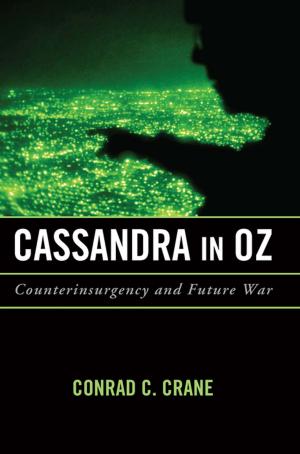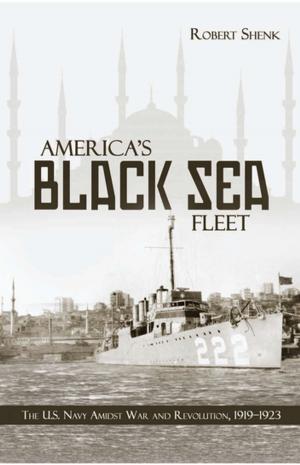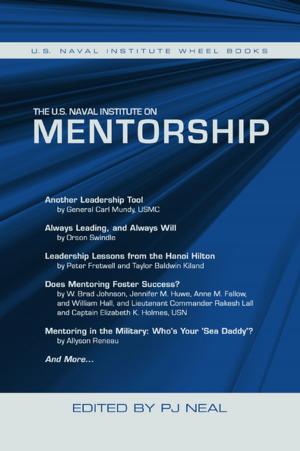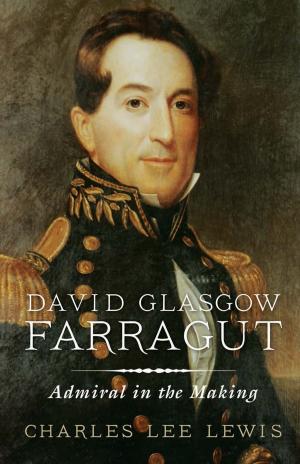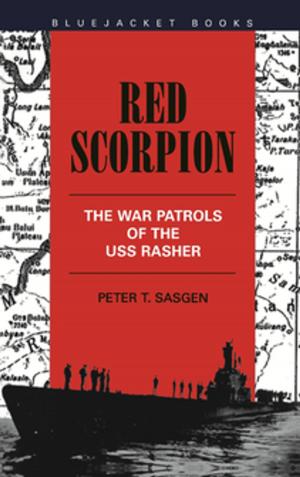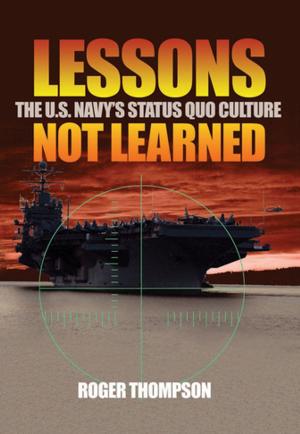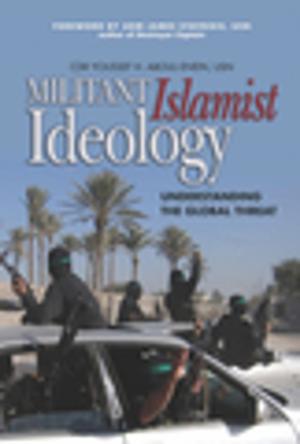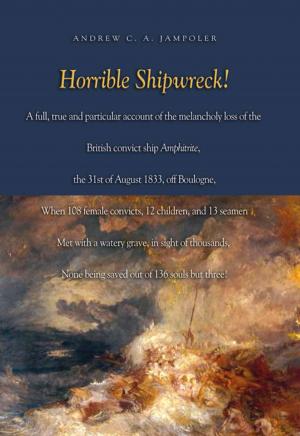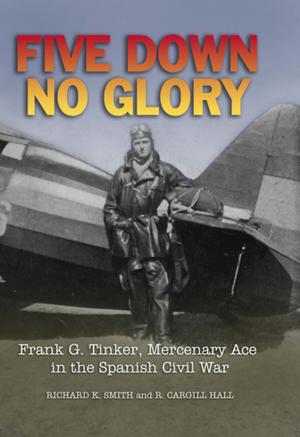No Forgotten Fronts
From Classrooms to Combat
Biography & Memoir, Reference, Nonfiction, History, Military, World War II| Author: | Lisa K. Shapiro | ISBN: | 9781682472736 |
| Publisher: | Naval Institute Press | Publication: | April 15, 2018 |
| Imprint: | Naval Institute Press | Language: | English |
| Author: | Lisa K. Shapiro |
| ISBN: | 9781682472736 |
| Publisher: | Naval Institute Press |
| Publication: | April 15, 2018 |
| Imprint: | Naval Institute Press |
| Language: | English |
At the beginning of World War II, professor Lauren Post, San Diego State College, asked his students entering military service to write to him. Thousands of letters arrived from places like Pearl Harbor, North Africa, and Normandy, beginning with the salutation, “Dear Doc.” They described vivid accounts of training, combat, and camaraderie. Pilots wrote about seeing planes shot down. Men in POW camps sent word about the location of other prisoners and Dr. Post passed information on to frantic families. Mothers, hoping for news about missing sons, clutched at the details. These intimate, first-person accounts capture honest, in-the-moment reactions to war that resound with heartache and gratitude. Each month, Dr. Post excerpted the letters and mailed the Aztec News Letter around the world. Fraternities, typing classes, and families donated time and money for printing and postage. When the latest issue arrived, servicemen and women read it cover-to-cover, and then passed it to another Aztec in service. Dr. Post produced and mailed a newsletter each month for four years. He sent pilots Aztec stickers to put on their planes. Soldiers sent him Nazi flags and sand from Iwo Jima. He tallied up the medals they earned and took time to call their mothers. He couldn’t rest until he knew that every student who had been taken prisoner was released. For years afterward, men and women dropped by his small campus office to thank him for helping them make it through the war. This is the story of the devotion of a remarkable college professor who held his students, their campus, and an entire community together during World War II. These students fought for democracy and to preserve a cherished way of life that included football, Coca-Cola, and Sadie Hawkins dances. Their correspondences to one beloved professor describe an American perspective of war that shines with idealism, determination, raw grief, and the power of friendship.
At the beginning of World War II, professor Lauren Post, San Diego State College, asked his students entering military service to write to him. Thousands of letters arrived from places like Pearl Harbor, North Africa, and Normandy, beginning with the salutation, “Dear Doc.” They described vivid accounts of training, combat, and camaraderie. Pilots wrote about seeing planes shot down. Men in POW camps sent word about the location of other prisoners and Dr. Post passed information on to frantic families. Mothers, hoping for news about missing sons, clutched at the details. These intimate, first-person accounts capture honest, in-the-moment reactions to war that resound with heartache and gratitude. Each month, Dr. Post excerpted the letters and mailed the Aztec News Letter around the world. Fraternities, typing classes, and families donated time and money for printing and postage. When the latest issue arrived, servicemen and women read it cover-to-cover, and then passed it to another Aztec in service. Dr. Post produced and mailed a newsletter each month for four years. He sent pilots Aztec stickers to put on their planes. Soldiers sent him Nazi flags and sand from Iwo Jima. He tallied up the medals they earned and took time to call their mothers. He couldn’t rest until he knew that every student who had been taken prisoner was released. For years afterward, men and women dropped by his small campus office to thank him for helping them make it through the war. This is the story of the devotion of a remarkable college professor who held his students, their campus, and an entire community together during World War II. These students fought for democracy and to preserve a cherished way of life that included football, Coca-Cola, and Sadie Hawkins dances. Their correspondences to one beloved professor describe an American perspective of war that shines with idealism, determination, raw grief, and the power of friendship.

